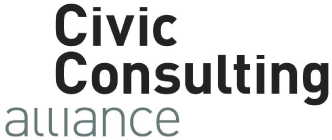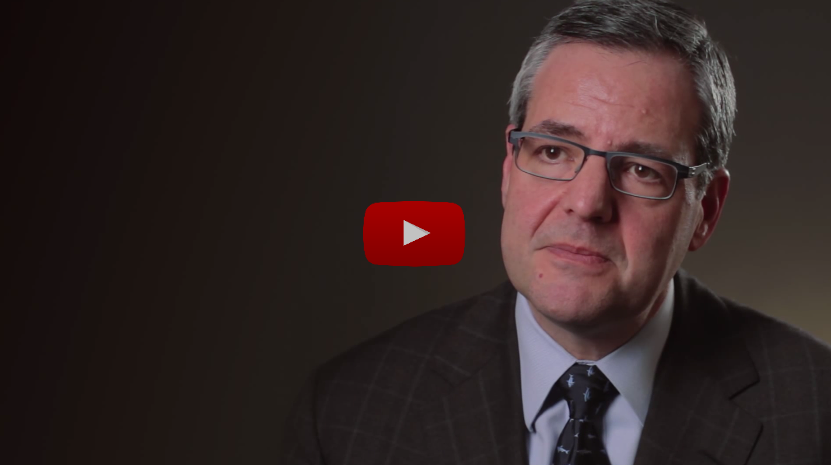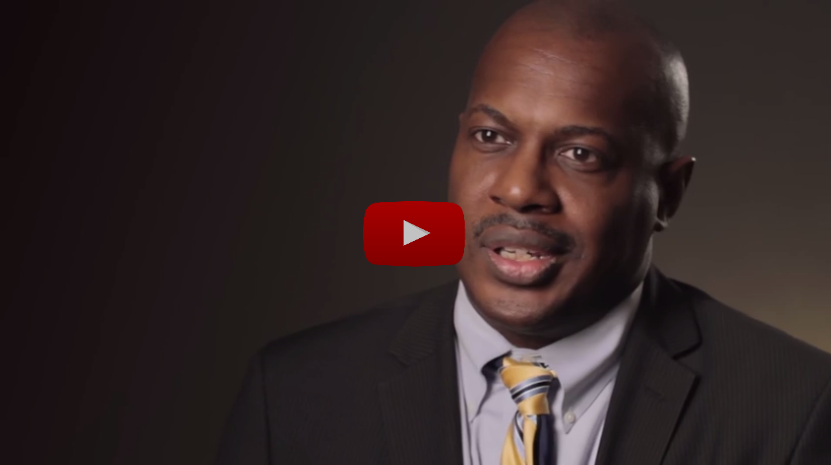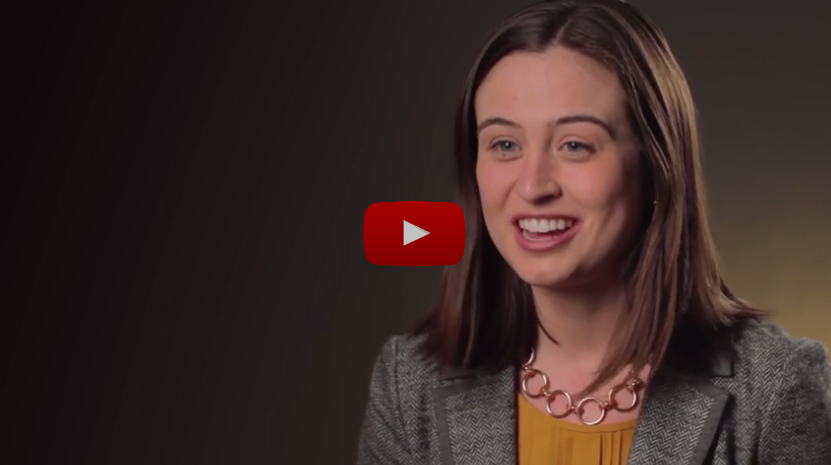Your Work
At Civic Consulting Alliance, you will tackle the most important and challenging issues facing our region. You will be involved in large-scale efforts that make a lasting improvement for our region – meaning better education, safer streets, healthier communities and an economy that works for everyone.
Along the way, you will discover the power of collaboration to get big things done. You will work with some of the most talented and respected leaders from governments, corporations, foundations and nonprofits. You will find mentors and a support structure that provides you the tools to help reach your full potential.
We set high expectations for our staff and give them big responsibilities. But with expectation and responsibility comes opportunity.
This is the kind of work where leaders grow. Because of our unique scope and access, we have become an incubator for new leaders throughout the region.
Examples
of our projects
Every project is different, but below are a few examples of past projects to give you a feel for the variety of work you may undertake at our firm.
Client: City of Chicago
Practice Area: Education
Year: 2013-2015
Across the City of Chicago, hundreds of organizations in both the public and private sectors serve young people, from toddlers to teenagers to college students. With so many different organizations involved, coordinating efforts and sharing best practices prove challenging, and young people end up bearing the weight of inefficiencies.
In 2013, the Mayor’s Office launched a major initiative to improve the odds that Chicago’s youth make successful transitions from "cradle to career." The initiative, called Thrive Chicago, aimed to improve outcomes for young people by synchronizing efforts across the City’s biggest service providers.
To accomplish this massive coordination, the Mayor’s Office tapped Civic Consulting Alliance. With support from pro bono lawyers from DLA Piper, Civic Consulting analyzed other cities that had launched similar collaborations and drafted legal agreements to launch the pilot. Meanwhile, pro bono consultants from McKinsey & Company and Deloitte LLP identified twelve central use cases to specify the data that were truly critical to share.
In addition to launching Thrive’s data pilot, Civic Consulting’s team of a Principal, an Associate, two Summer Associates, an Analyst and several pro bono fellows also supported each of Thrive’s five “Change Networks,” which each targeted a specific outcome in youth development. Over a year and a half, Civic Consulting’s team:
- Researched best practices and interviewed experts
- Helped Thrive set goals, determine metrics for measuring progress and plan strategically for three years into the future
- Determined how to engage Thrive’s stakeholders, launched Thrive’s website and developed Thrive’s annual report
- Recruited Thrive’s guiding Leadership Council and Board of Directors, found Thrive a host organization to house it and stood it up as its own nonprofit
From its origins as an initiative in the Mayor’s Office to its current status as a nonprofit, Civic Consulting Alliance supported Thrive Chicago in its work to help Chicago youth succeed from cradle to career.
Client: City of Chicago, Choose Chicago
Practice Area: Economic Growth
Year: 2011-2014
Upon entering office in 2011, Mayor Rahm Emanuel set an ambitious goal: bring 50 million tourists to Chicago by 2020. Such an effort would bring $14 to 15 billion to the city and create 35,000 jobs, all while enabling travelers from around the world to enjoy our vibrant city. While boosting tourism was an important strategy for the city’s economic growth, several challenges prevented Chicago from becoming a top destination: multiple, disparate agencies, with different missions, were in charge of attracting tourists to Chicago. The city’s tourism industry lacked an agreed on marketing plan and infrastructure, and neighborhoods were not engaged in the process. Chicago had tremendous potential to be a top destination for international tourists, but lacked the cache of New York City and Miami.
Building on previous work with pro bono partners Griffin Strategic Advisors and Jones Day, a team from the Boston Consulting Group and a Civic Consulting Principal, Associate Principal and pro bono fellow developed a plan for Chicago to re-organize and re-imagine tourism in the city. As part of the reorganization effort, Civic Consulting and BCG recommended the creation of a single tourism organization to take charge of all aspects of the visitor experience.
Today, that tourism organization is known as Choose Chicago and has been instrumental in bringing a record 50 million visitors to Chicago in 2014. Additionally, hotel occupancy reached a record high 87.2% occupancy rate during the summer of 2014. Because of such successes, Chicago has raised its initial goal to 55 million tourists by 2020.
Client: Illinois Supreme Court, Cook County
Practice Area: Public Safety
Year: 2014-2015
Jail population is a barometer of criminal justice effectiveness and efficiency – if the process runs smoothly, the right people are penalized and are not detained longer than necessary. Cook County’s jail, one of the largest single-site county jails in the country, uses money bonds to hold individuals in pre-trail detention until their court appearances.
Nearly three-fourths of individuals awaiting trial Cook County jail have been arrested for non-violent crimes. Many could be safely released, but remain in detention because they can't afford to post bond. The human cost is high: While detainees wait for trial, they may lose their housing or jobs or be expelled from school. The cost to taxpayers is high, too: At $143 per inmate per day, Cook County Jail, the nation’s second largest single site jail, costs taxpayers over $300 million annually.
With pro bono support from A.T. Kearney and Mayer Brown, our team of a Principal, an Associate Principal, an Associate and an Analyst worked to make our region’s criminal justice system more efficient and just. The team researched best practices of bond courts across the country. They benchmarked the current state of Cook County’s pre-trial process, from arrest to the final bail decision. The team identified the specific processes, including the implementation of a data-driven risk assessment tool, that needed to be improved to achieve the goal of a model bond court. Finally, our team worked with the client to implement our recommendations in a timely and effective manner.
With our help, our clients launched the new risk assessment tool to decrease the number of non-violent offenders in jail while still maintaining public safety. The results have been significant: the jail population has reached a 24-year low, with a 20% reduction in the number of detainees in Cook County Jail, and personal recognizance bonds, which do not require the defendant to post money prior to release, accounted for 41 percent of all orders, the highest percent since January.
Client: Cook County Health and Hospitals System
Practice Area: Healthcare
Year: 2013-2014
Although the Affordable Care Act enabled millions of Americans to obtain health insurance for the first time, thousands of Cook County residents remain uninsured. Many of these residents face chronic health conditions such as asthma and diabetes that require long term treatment plans and continuous care. Conditions that could be treated by timely walk-in visits are often treated in emergency rooms at a high cost to patients, providers and, ultimately, taxpayers.
With the support of teams from the Boston Consulting Group and Sg2, a Civic Consulting Principal, Associate Principal, and a pro bono fellow developed a pilot program for Cook County to effectively deliver care to uninsured patients and serve as a national model for large metropolitan areas across the country. During the summer of 2013, the project team conducted a supply-demand analysis for healthcare services, researched local communities that would benefit from a pilot program and created a model to finance the pilot and reimburse hospitals.
After BCG and Sg2 laid the groundwork for the pilot, Civic Consulting worked with major regional health providers to design the uninsured pilot program. Under the leadership of former Abbot Laboratories executive and civic leader Ed Michael, the team created a plan for hospitals, federally qualified health centers and community health organizations to work together to develop a program for uninsured patients. In October 2013, the team convened area health providers for a summit to discuss the opportunities and challenges in making healthcare accessible to the uninsured population.




